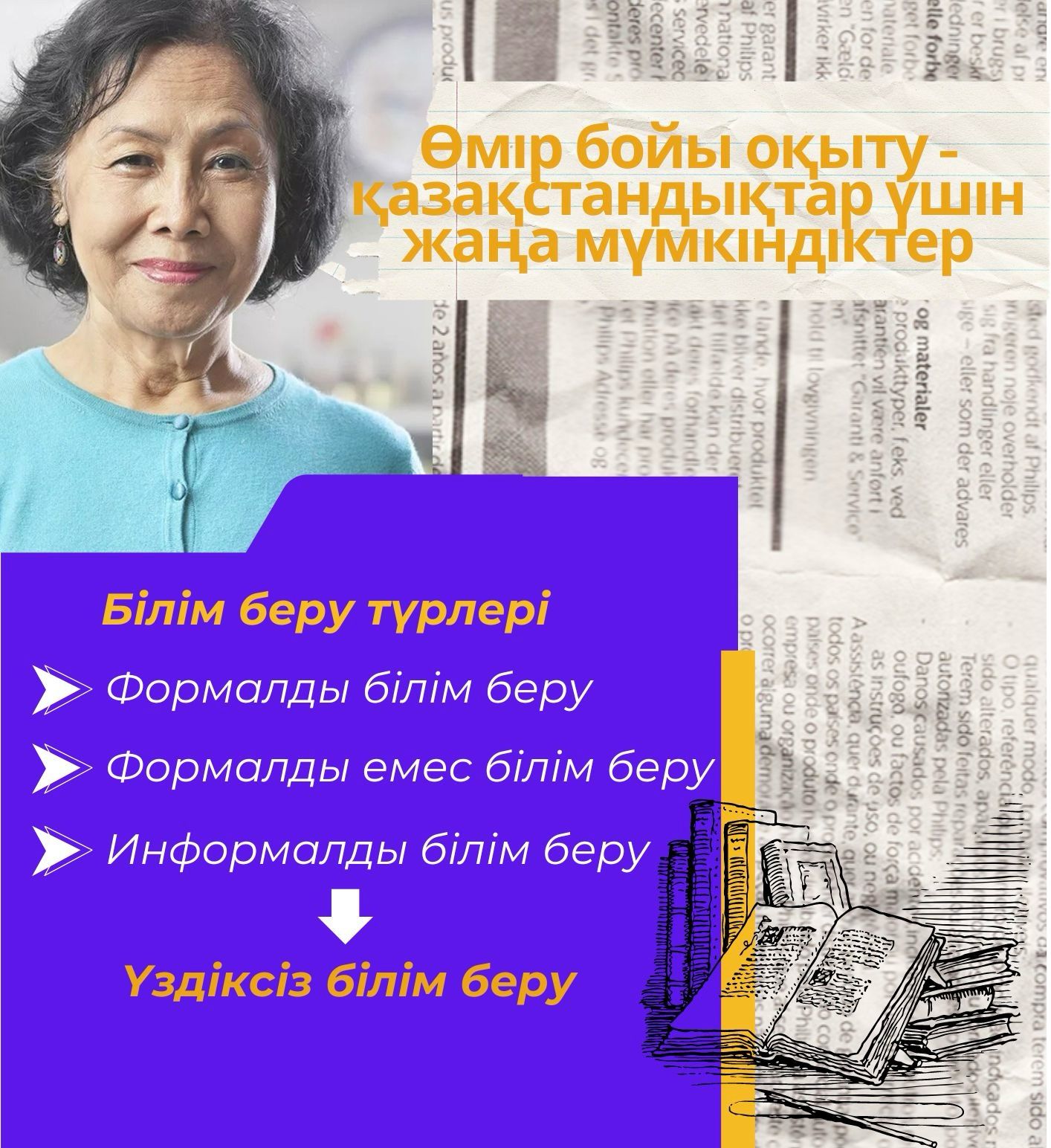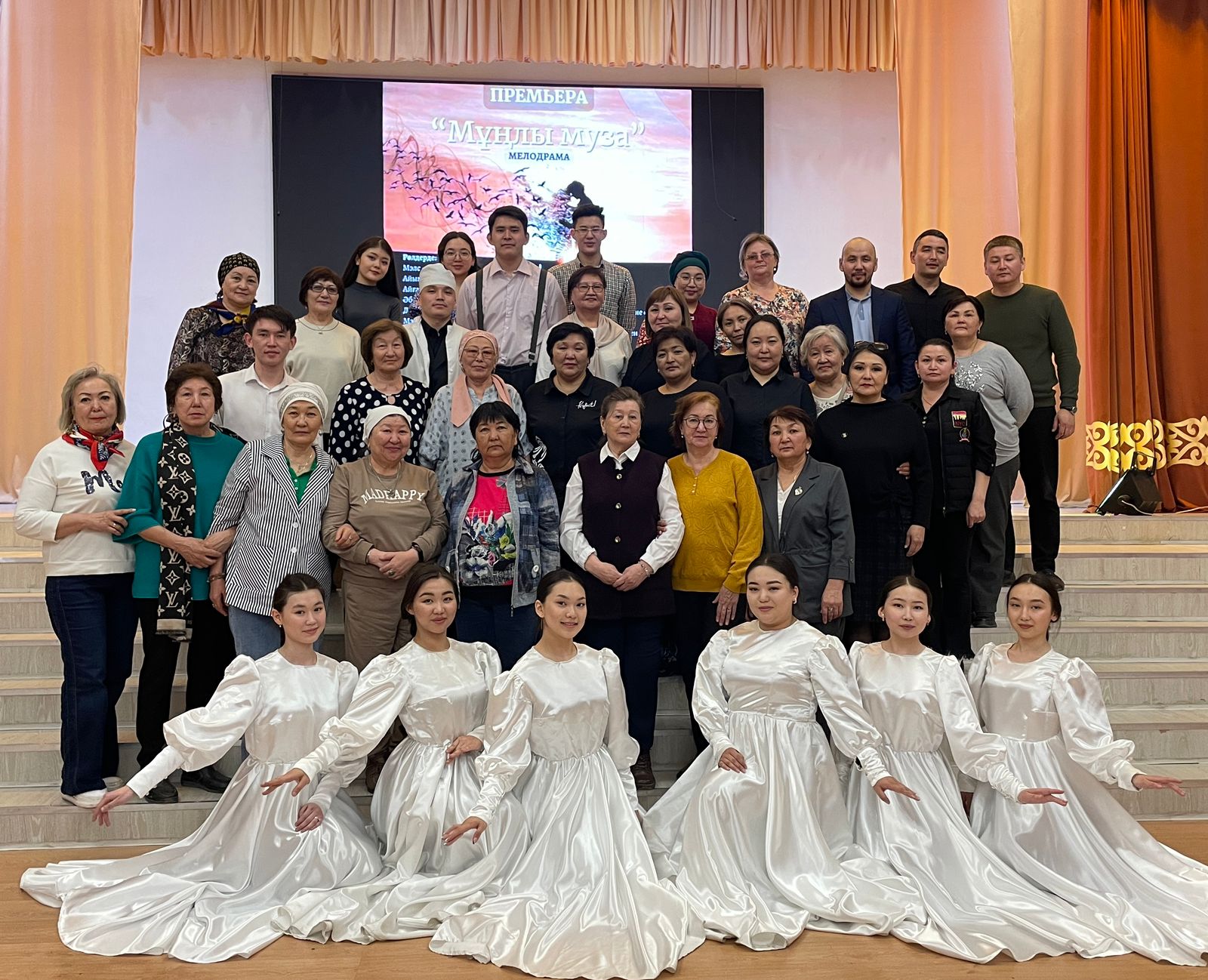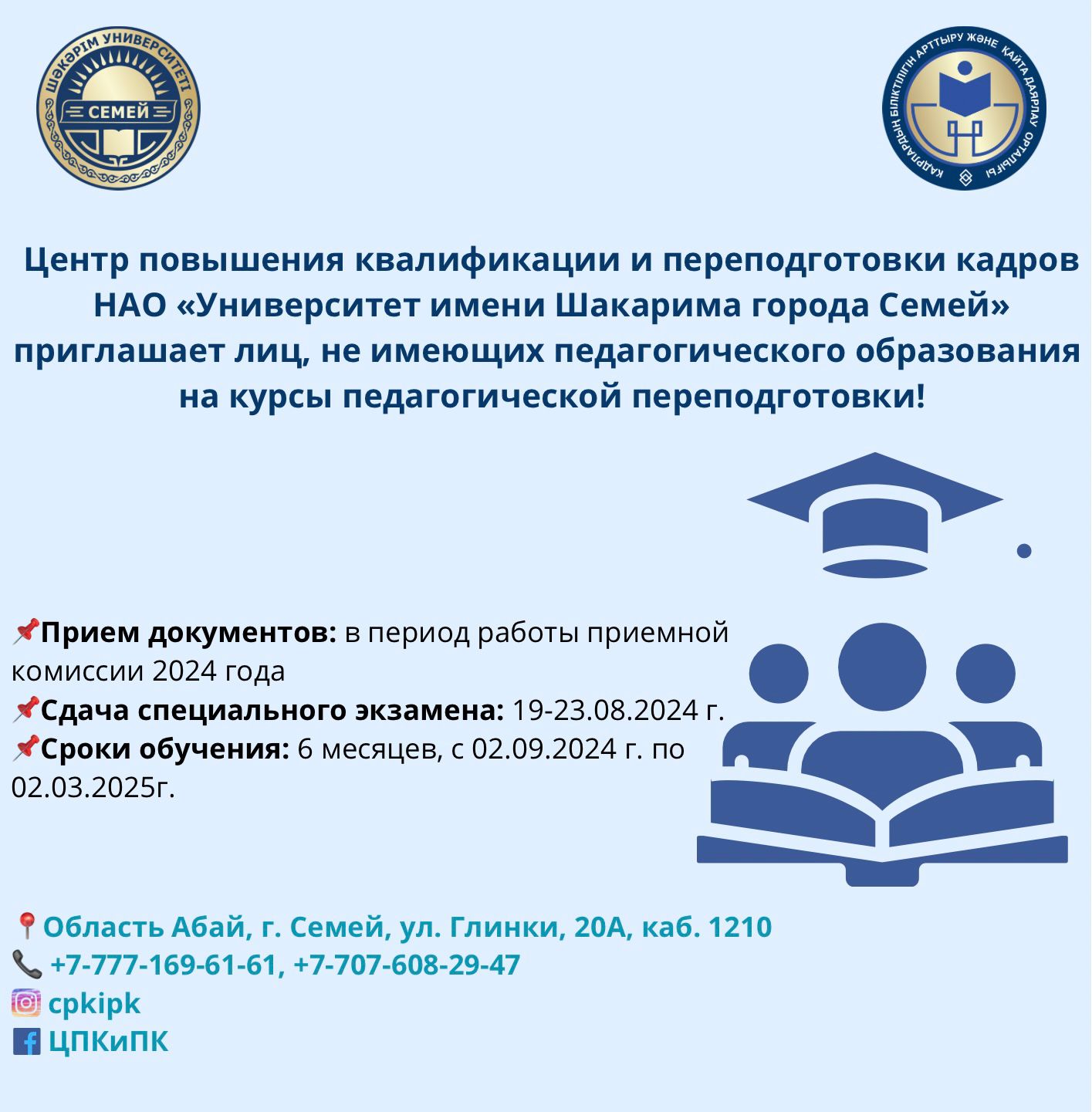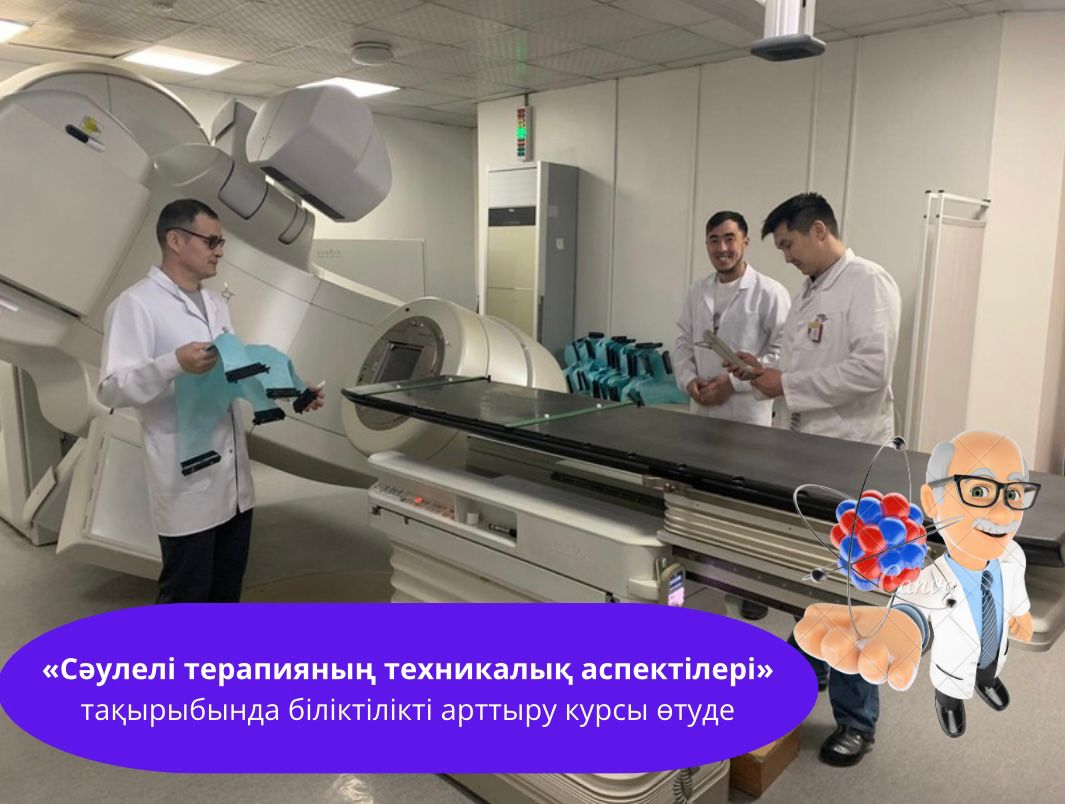The system of continuing education, called lifelong learning in English, has long established itself in world practice and its content is familiar to a wide Kazakh audience. Continuous education has become the main focus of Russian pedagogy in recent years. The main stage of this begins in kindergarten, and then continues in high school, after school in college or higher education institution. After graduation, master's degree and then doctoral studies continue, and after graduation, advanced training courses or retraining lectures formed in various fields.
On July 8, 2021, the Decree of the Government of the Republic of Kazakhstan No. 471 "On approval of the concept of continuous learning (continuing education)" was published.
There are several principles of the continuing education system in Kazakhstan. Among them are such priorities as maximum accessibility of education for all categories of citizens of the country, regardless of their age, gender, continuous development of various levels of educational fields with each other, distance learning in accordance with the needs of citizens, provision of online lectures, compliance of educational programs in educational institutions with the requirements of the modern labor market, world standards.
Current problems unresolved in the education system of Kazakhstan;
First, it is necessary to form a cult of non-graduate education among the citizens of the country. Now many young people who have graduated from school are not interested in which profession has a bright future, but in which specialty they can win a state grant and get a diploma. This creates conditions for the growth of low-quality personnel, unemployed citizens in the field in which they studied. There is also an idea among citizens that it is difficult to work without graduating from university, and there is a widespread desire for mass graduation, even if they study by correspondence or full-time. This, in turn, opens the way for education to become a cult, not a diploma.
Secondly, it is important that educational approaches be flexible and undergo modern changes. It is obvious that an educational institution, an education system that annually trains a specialist only in familiar, standard specialties, does not think about his employment in the future, does not think about training specialists in popular industries, faces various obstacles and difficulties.
Thirdly, the formation of a training system for specialists who know specific industries, rather than complex ones.
"Lifelong learning" is a requirement of modernity. Its full-fledged implementation will bring new opportunities to Kazakhstanis.





